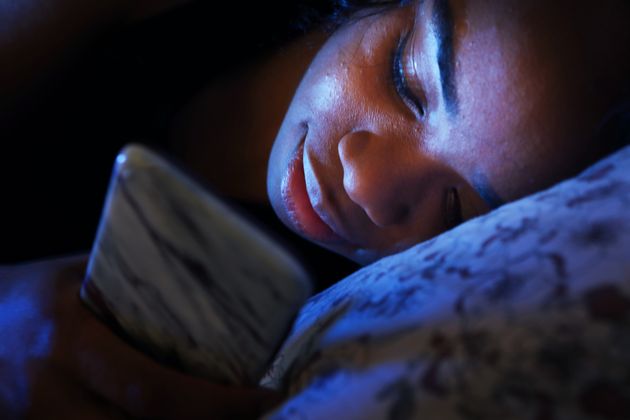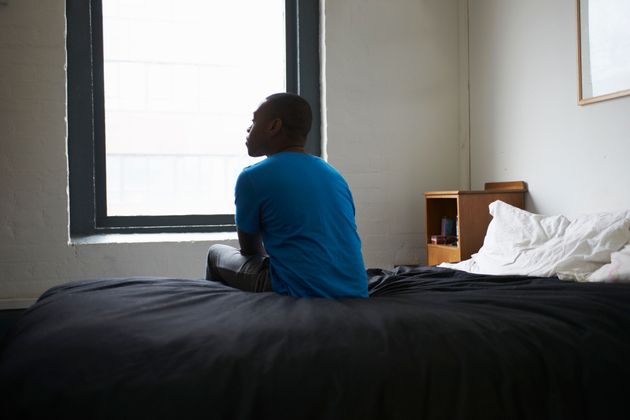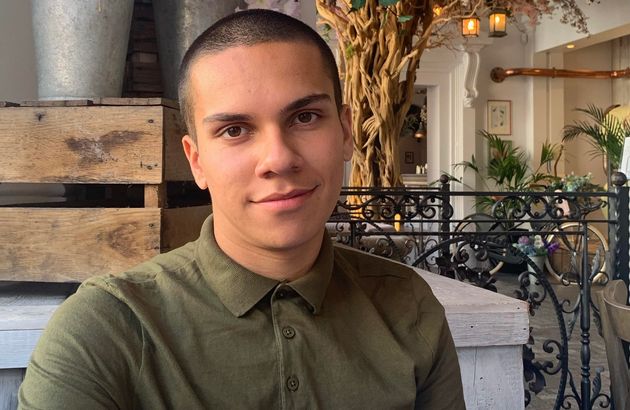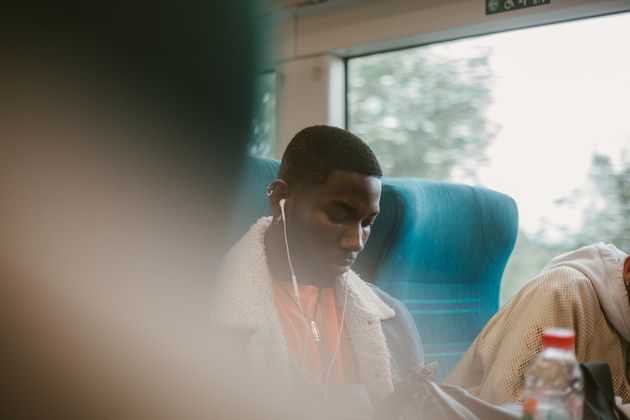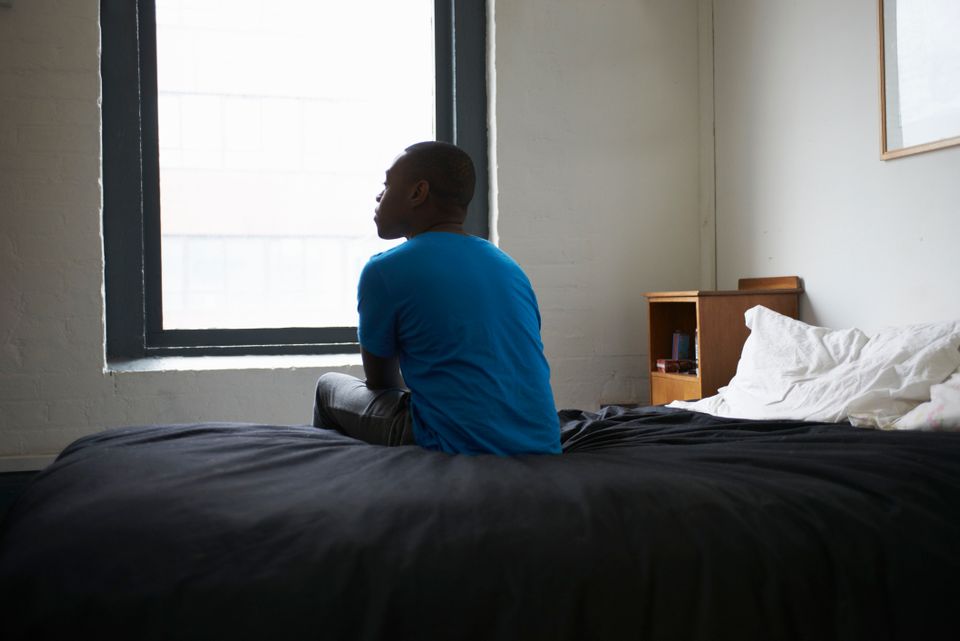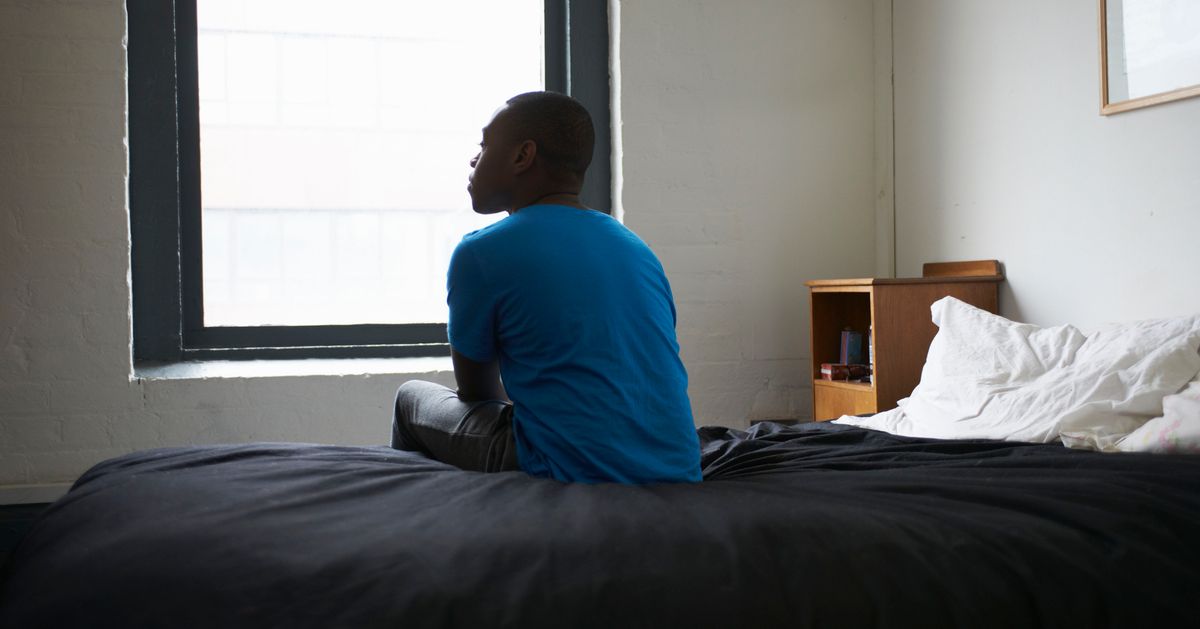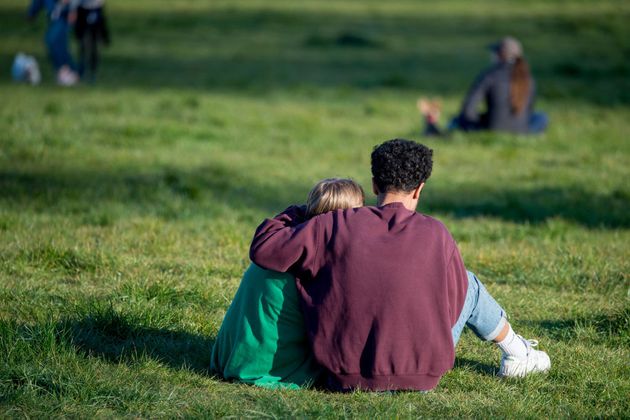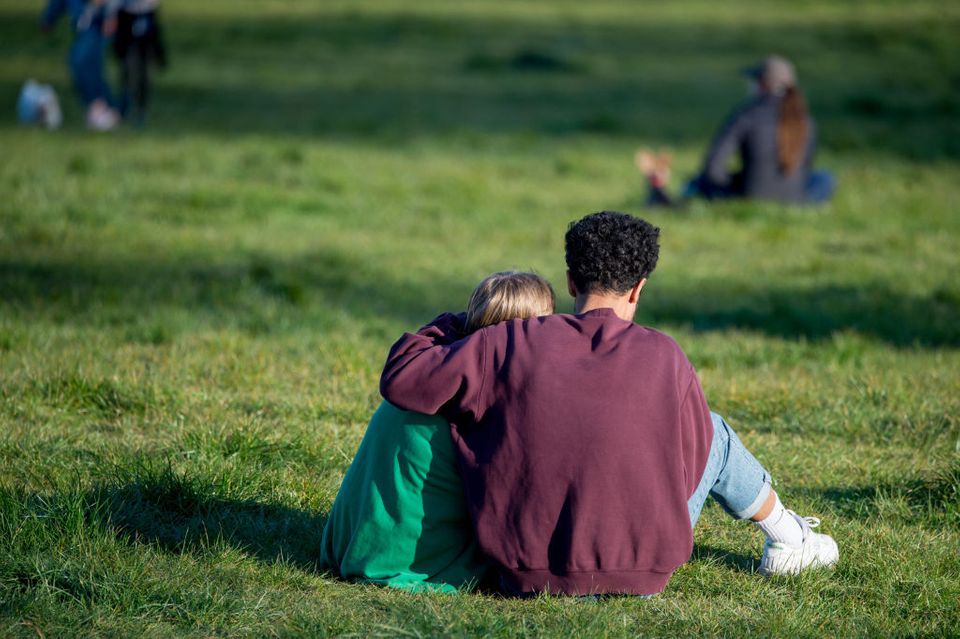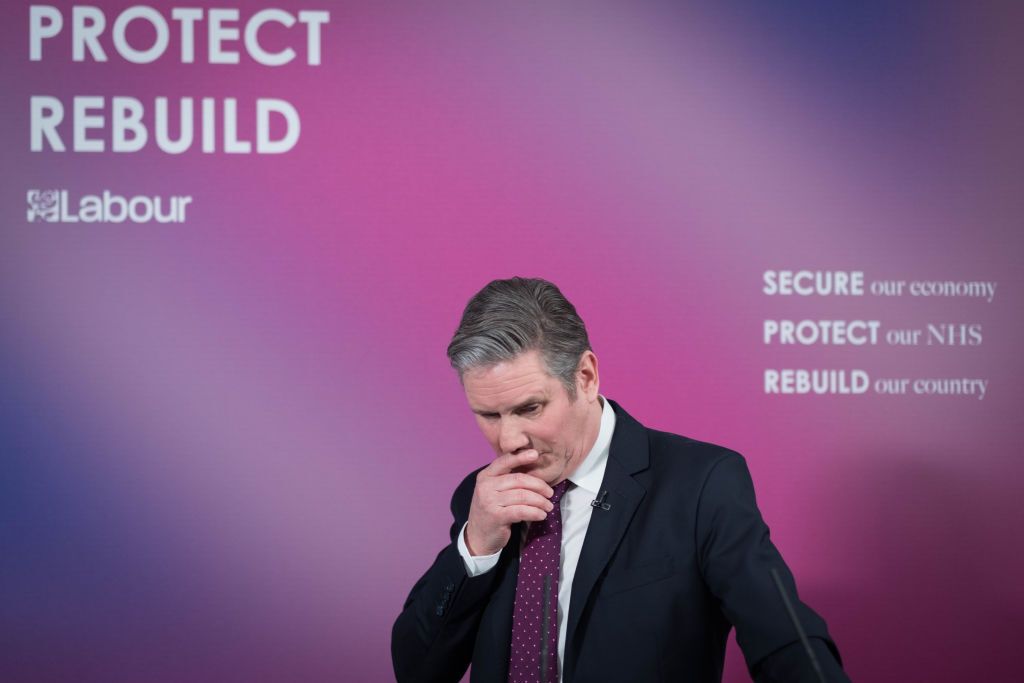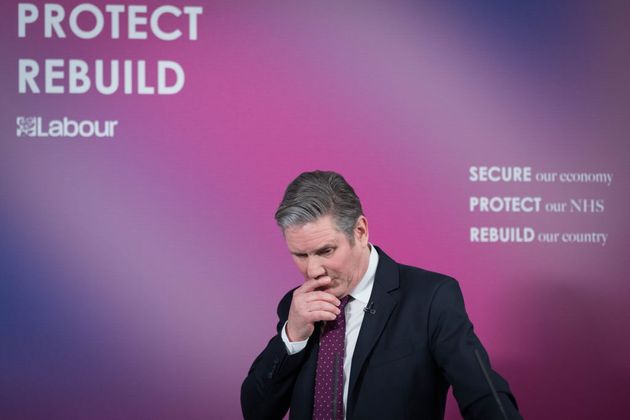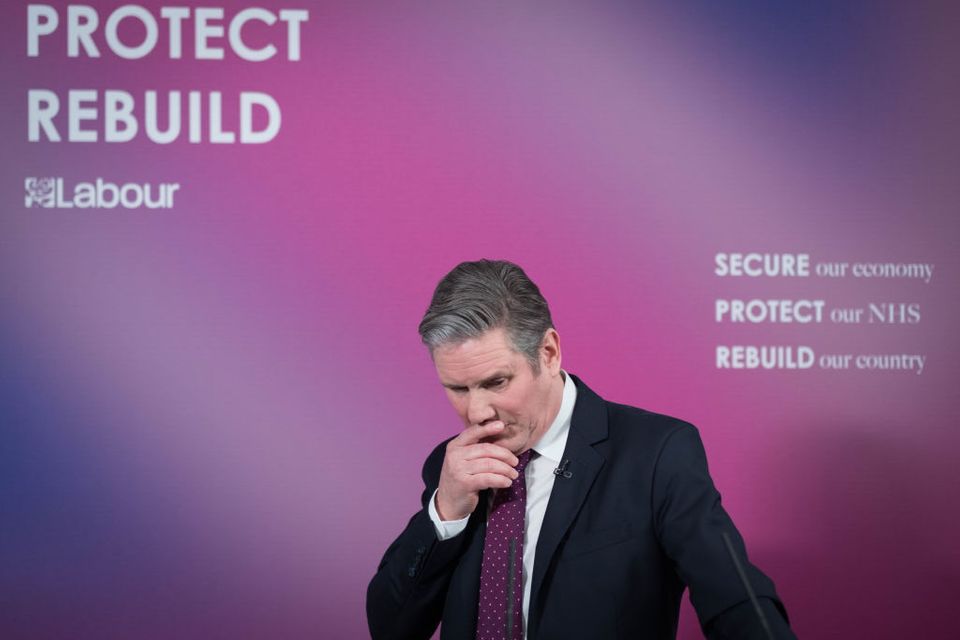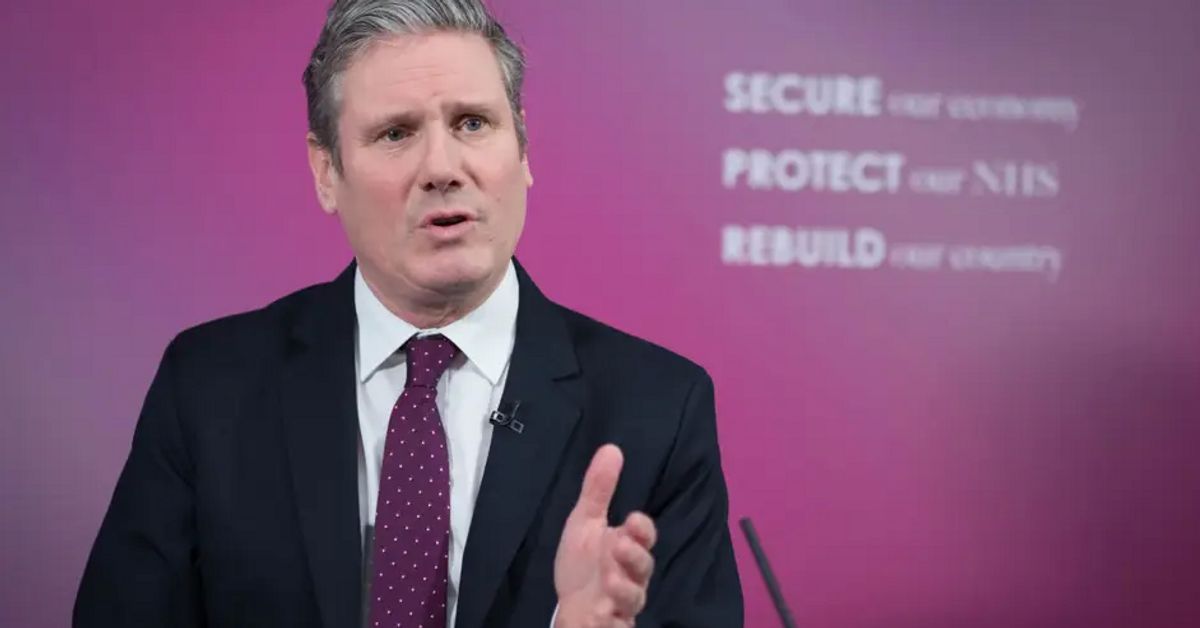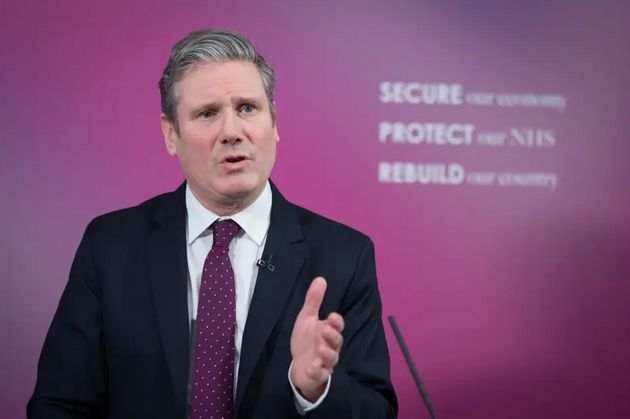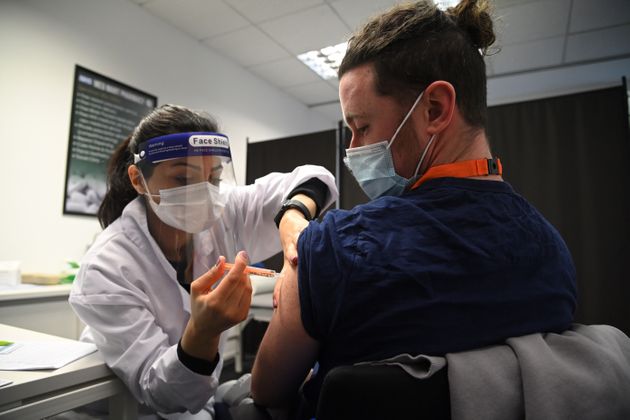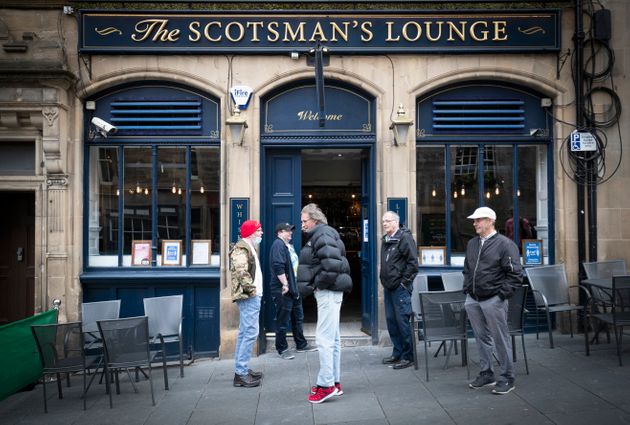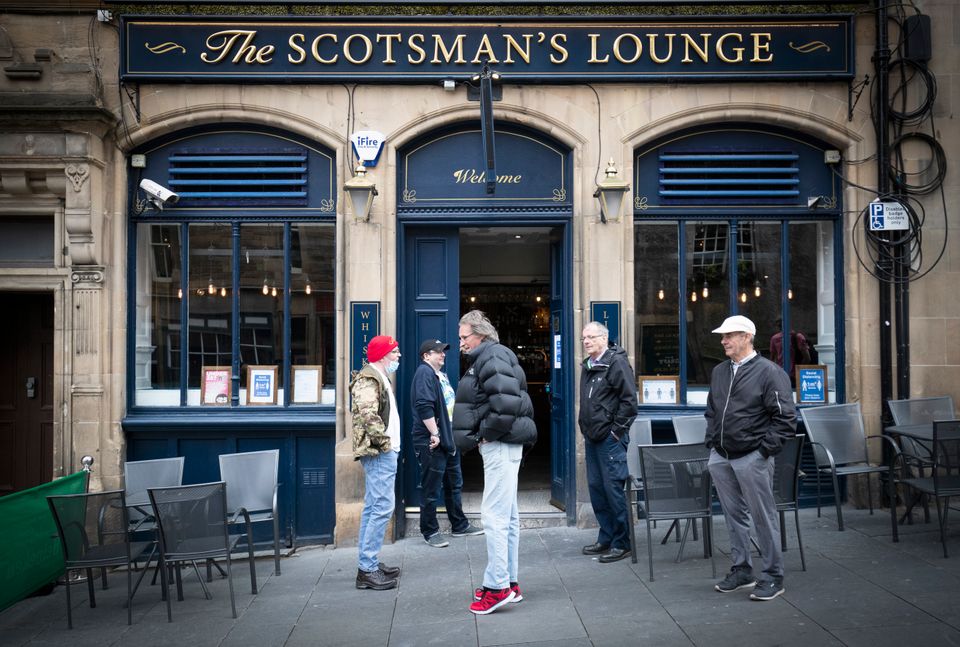
Approaching the one-year anniversary of the coronavirus pandemic, I’m struck by the irony of how the pandemic has brought to the forefront such an underappreciated, yet vitally important, sense: our sense of smell.
To date, over 110million people have been infected with coronavirus. Around 60% are estimated to have experienced smell and taste disturbance – with 10% having persistent symptoms. This means that about seven million people – and rising – are presumed to have this symptom.
In turn, that means an increasing number of people are turning to ‘smell training’ to regain their lost or altered sense of smell. The training doesn’t have any harmful effects, doesn’t require a prescription, and can be done inexpensively at home. And while there’s no guarantee that smell training will restore your sense of smell, many people have seen positive results.
The practice itself involves consistently smelling four distinct odours – clove, rose, lemon and eucalyptus – twice daily with the aim that, over time, the sense of smell is restored. There’s no evidence that you have to use these particular smells – some choose four scents that they have a connection to and are familiar with, from a time when they could smell normally. The idea is that the repeated short-term exposure to familiar smells might help make new neural connections in the brain.
My goal as a smell coach is to provide guidance on doing the smell training the right way, from the start, for the best possible outcome. That includes showing people what to buy, teaching them the proper technique when smelling the jars, helping them identify the right time to do the smelling sessions so the training actually becomes a habit, and coaching them on having the right mindset to see it out for the long term.
“I felt a deep sense of responsibility to help and support those who’ve lost their sense of smell.”
When I started working with anosmia charity Fifth Sense, I felt a deep sense of responsibility to help and support those who’ve lost their sense of smell. I spent most of my career in the fragrance industry, where I worked with many talented perfumers, and where I trained to smell properly. And then, becoming a certified aromatherapist, I learned to work with essential oils safely and mindfully for wellbeing. Combining these skills has allowed me to help set those smell training up for the greatest chance of success.
Unfortunately, there are a lot of misconceptions about what smell training is – the biggest being the belief that your sense of smell will easily come back in a few weeks. When it doesn’t, many people are frustrated and give up, but the harsh truth is that it’s important to make smell training a habit, like brushing your teeth twice a day. Studies have shown that long-term smell training seems to be associated with the most success, so sticking it out is key.
Smell training, I say to the people I work with, is as much a psychological endeavour as a physical exercise. Plenty of people aren’t ready to commit to doing smell training right away – the sense of loss is still too great. They’re grieving for something that they used to take for granted, that they now realise gave them so much pleasure, and which, sadly, they’re now living without.
You have to be in the right frame of mind to do smell training. It’s a real commitment to smell four scents twice a day, every day, sometimes for many months, most of the time smelling nothing at all and with no guarantee that your sense of smell will return. Often they get into a rut and give up, believing there’s no point, that it’s not going to work anyway. Not being able to smell the odours day after day can, understandably, feel like a constant reminder of what they’ve lost.
“While many regain their sense of smell, I gain more from the experience than they’ll ever know.”
The training can be a very isolating experience too. Generally in life, you’re surrounded by people who can smell and don’t really understand what you’re going through. It can feel very frustrating and demotivating to be the only one. My recommendation is to find a Facebook group, an organisation like Fifth Sense, or a smell training program like mine, which includes an aspect of community. Smell training with others gives you accountability to show up, to stay committed and to stay encouraged along the way.
Even before the pandemic, I’ve seen how smell training can make a real difference in people’s lives. Many get their sense of smell back, but even those still on the journey tell me with bright smiles about glimpses of smells they were able to detect, which encourages them to keep going, and stay focused. It’s been incredibly rewarding to hear people tell me, proudly, how they’ve set up their routine, or when they share pictures and journal entries to show me they’re still going strong after many months.
But, honestly, I have to say that witnessing the courage and determination required to smell train has been nothing short of humbling to me. While many regain their sense of smell, I gain more from the experience than they’ll ever know. I have nothing but the utmost admiration and respect for their difficult journey.
Frauke Galia is founder of FALK Aromatherapy and an ambassador for Fifth Sense
Have a compelling personal story you want to tell? Find out what we’re looking for here, and pitch us on ukpersonal@huffpost.com




